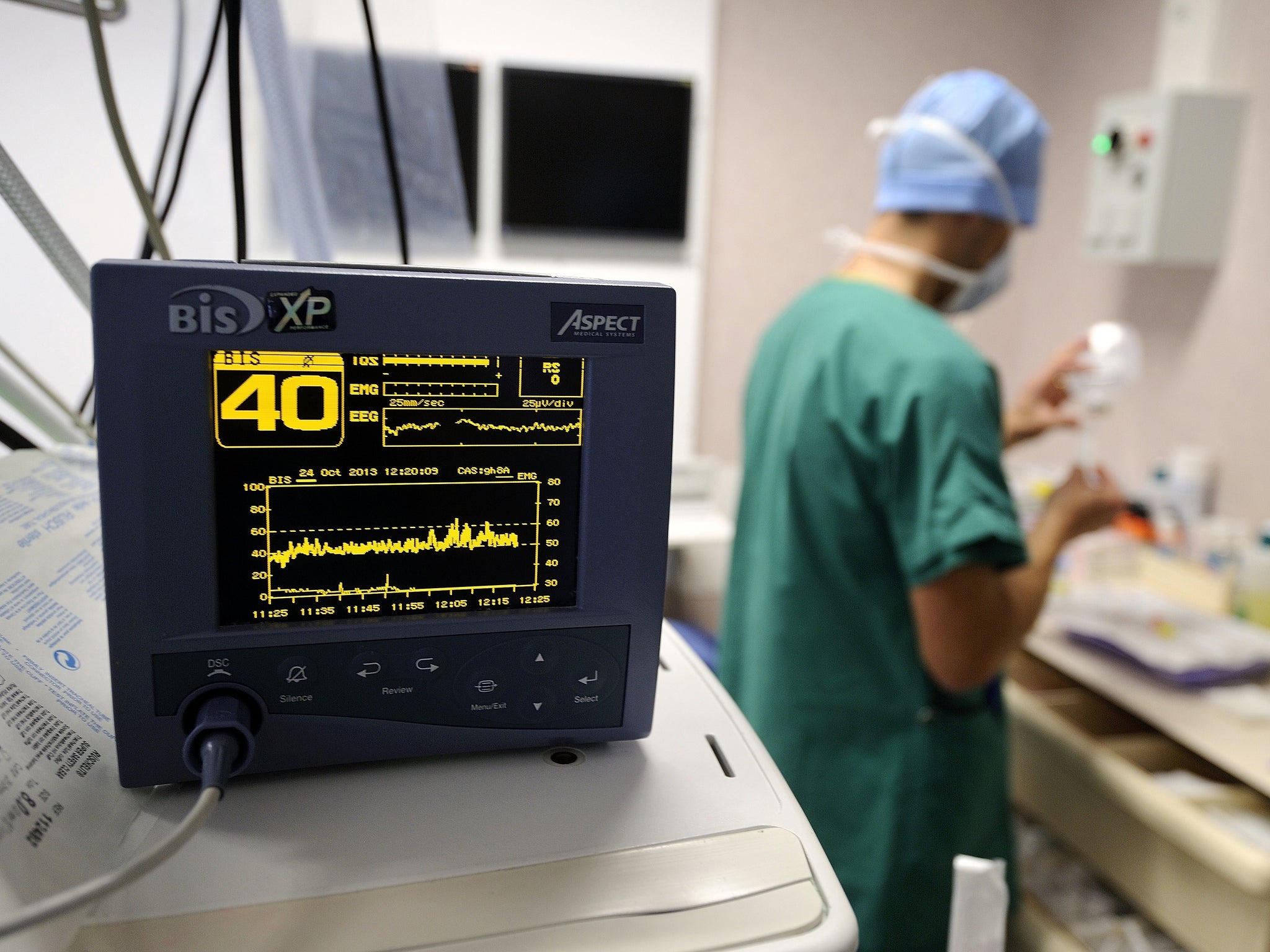Some painkillers ‘increase the risk of developing heart failure’, say experts
Study identifies 92,163 hospital admissions for heart failure among a group of almost 10 million NSAIDs users from the UK, Netherlands, Italy and Germany, who started treatment between 2000 and 2010

Your support helps us to tell the story
From reproductive rights to climate change to Big Tech, The Independent is on the ground when the story is developing. Whether it's investigating the financials of Elon Musk's pro-Trump PAC or producing our latest documentary, 'The A Word', which shines a light on the American women fighting for reproductive rights, we know how important it is to parse out the facts from the messaging.
At such a critical moment in US history, we need reporters on the ground. Your donation allows us to keep sending journalists to speak to both sides of the story.
The Independent is trusted by Americans across the entire political spectrum. And unlike many other quality news outlets, we choose not to lock Americans out of our reporting and analysis with paywalls. We believe quality journalism should be available to everyone, paid for by those who can afford it.
Your support makes all the difference.Common painkillers used by millions of people in the UK are linked to an increased risk of heart failure, experts have said.
Non-selective non-steroidal anti-inflammatory drugs (NSAIDs) such as ibuprofen could increase the risk of being admitted to hospital with the heart problem, a study found.
Previous studies have linked the drugs to abnormal heart rhythm – which can cause heart failure – and an increased risk of heart attack and stroke if taken regularly.
The drugs – together with a sub-group of anti-inflammatories known as selective COX-2 inhibitors – are used to control pain and inflammation and are commonly taken by people with arthritis.
The new study, published in the British Medical Journal (BMJ), used data for almost 10 million NSAIDs users from the UK, Netherlands, Italy and Germany, who started NSAID treatment between 2000 and 2010.
Overall, 92,163 hospital admissions for heart failure were identified among the group.
The study found that people who had taken any NSAID in the previous 14 days had a 19 per cent increased risk of hospital admission for heart failure compared with people who had used NSAIDs at any point in the past.
The risk of admission for heart failure increased for seven traditional NSAIDs (diclofenac, ibuprofen, indomethacin, ketorolac, naproxen, nimesulide, and piroxicam) and two COX 2 inhibitors (etoricoxib and rofecoxib).
The increased risk of hospital admission ranged from 16 per cent for naproxen to 83 per cent for ketorolac.
Researchers also found that the risk of heart failure doubled for diclofenac, etoricoxib, indomethacin, piroxicam, and rofecoxib used at very high doses, although they stressed this should be interpreted with caution.
Even medium doses of indomethacin and etoricoxib were associated with increased risk, the study said, but there was no evidence that celecoxib increased the risk of admission for heart failure at commonly-used doses.
The experts said their study “offers further evidence that the most frequently used individual traditional NSAIDs and selective COX 2 inhibitors are associated with an increased risk of hospital admission for heart failure. Moreover, the risk seems to vary between drugs and according to the dose.”
In an accompanying editorial, two Danish health researchers said that owing to the widespread use of NSAIDs, “even a small increase in cardiovascular risk is a concern for public health”.
They said the fact they can be bought over the counter in supermarkets “further fuels the common misconception that NSAIDs are harmless drugs that are safe for everyone”.
Professor Peter Weissberg, medical director at the British Heart Foundation, said: “This large observational study reinforces previous research showing that some NSAIDs, a group of drugs commonly taken by patients with joint problems, increase the risk of developing heart failure.
“It has been known for some years now that such drugs need to be used with caution in patients with, or at high risk of, heart disease. This applies mostly to those who take them on a daily basis rather than only occasionally.
“Since heart and joint problems often co-exist, particularly in the elderly, this study serves as a reminder to doctors to consider carefully how they prescribe NSAIDs, and to patients that they should only take the lowest effective dose for the shortest possible time. They should discuss their treatment with their GP if they have any concerns.”
Figures from NHS Digital show that in 2015 there were 14,605,791 prescription items dispensed in England for NSAIDs.
The BMJ research was led by a team from the University of Milano-Bicocca in Italy.
PA
Join our commenting forum
Join thought-provoking conversations, follow other Independent readers and see their replies
Comments